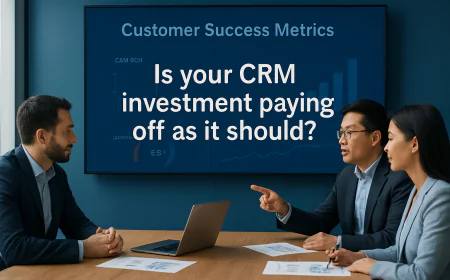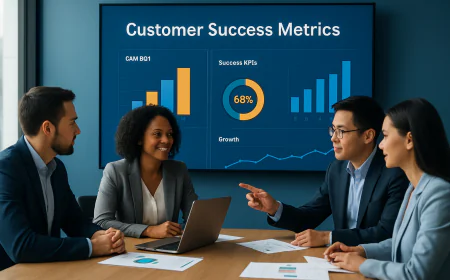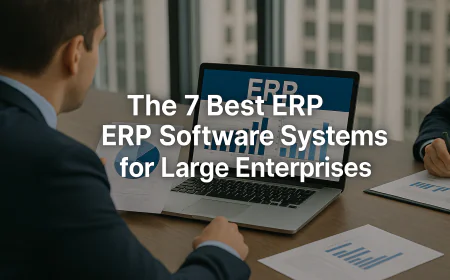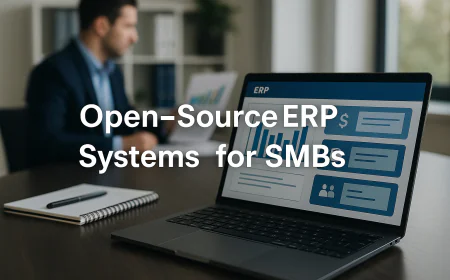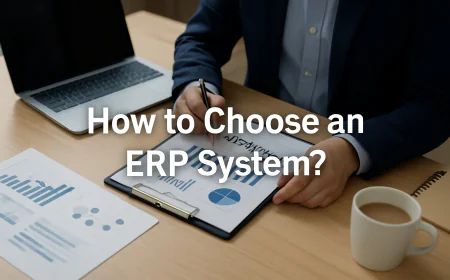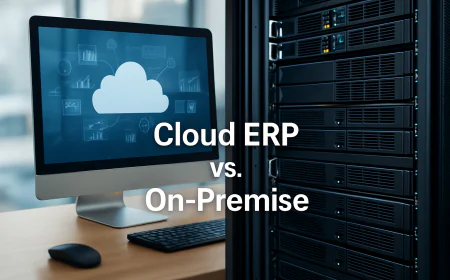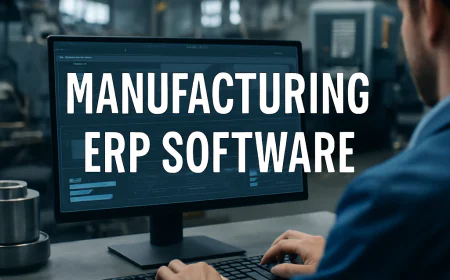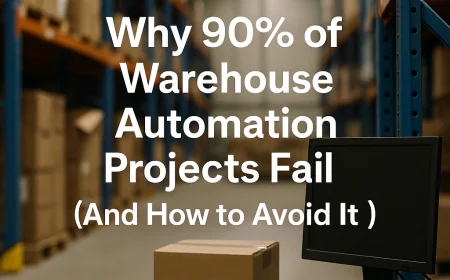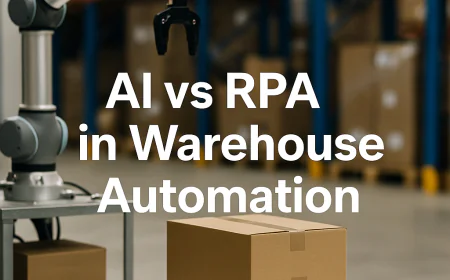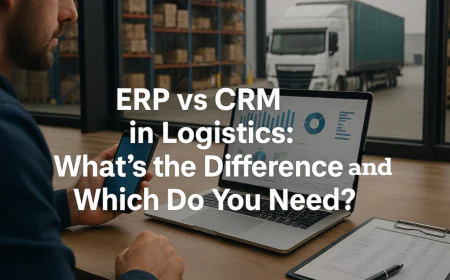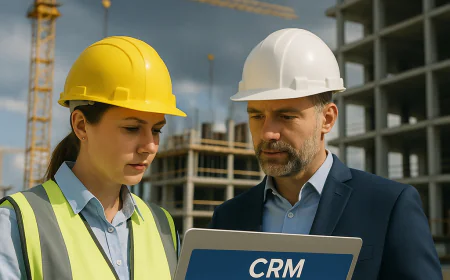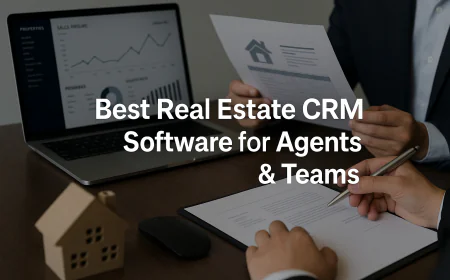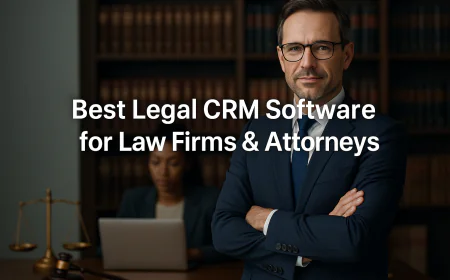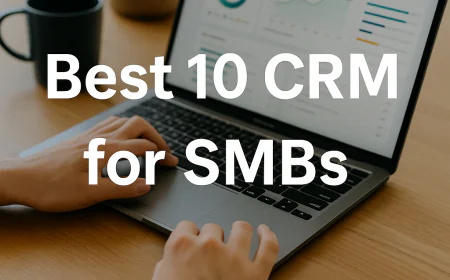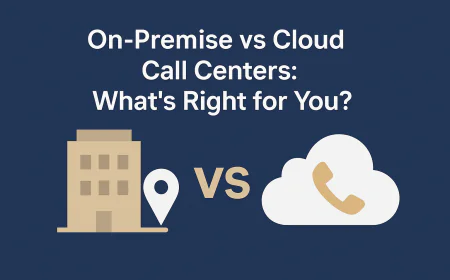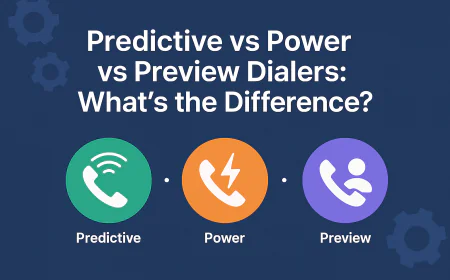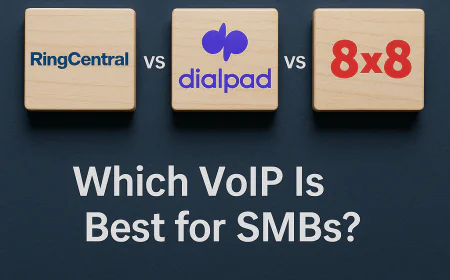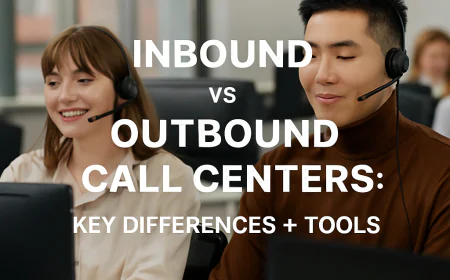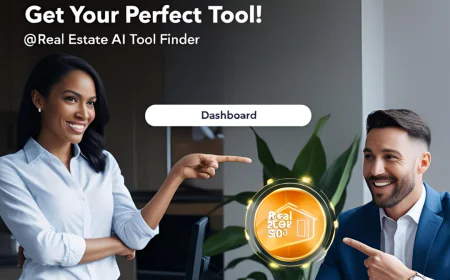ERP vs CRM in Logistics: What’s the Difference and Which Do You Need?
Learn the key differences between ERP and CRM in logistics, and how each system supports supply chain, customer relationships, and operations.
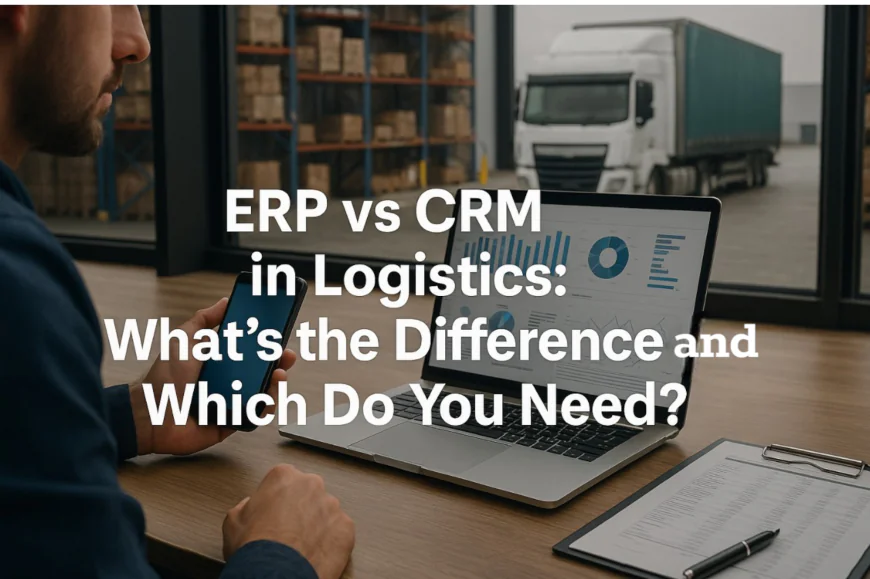
What Is the Difference Between ERP and CRM in Logistics?
Let’s break it down
What is ERP in logistics, and what does it actually do?
ERP (Enterprise Resource Planning) in logistics is like the nervous system of your business. It doesn’t just track inventory — it controls, automates, and synchronizes operations like procurement, warehouse management, accounting, fleet tracking, invoicing, and even HR.
An ERP system answers:
-
Where is your inventory?
-
How long until the next shipment arrives?
-
Who’s responsible for a late delivery?
-
What is the true cost of each shipment?
In logistics, this isn't just “nice to have.” It’s mission-critical. Logistics is complex: so many moving parts, vendors, transport steps, and timing constraints. ERP brings all that under one roof, ensuring smooth workflows.
💡 HACK: A good ERP system can even detect bottlenecks you didn’t know you had. If you’re manually checking delivery schedules or adjusting stock levels based on Excel sheets — you’re missing what ERPs can automate 100%. Best Free ERP Software Options
What is CRM in logistics, and what does it actually do?
CRM (Customer Relationship Management) isn’t just about sales. In logistics, it’s about keeping your clients updated, supported, and satisfied across complex service processes.
A CRM system lets you:
-
Track customer requests or complaints
-
Automate follow-up messages after delivery
-
Log phone calls, emails, contracts
-
Create a 360° customer profile
📈 Hidden Advantage: Many logistics companies overlook CRM because they “don’t do sales.” That’s a mistake. If your customers don’t feel supported post-sale, they churn — and churn silently. CRM catches the red flags before it’s too late. Best 10 CRM for SMBs under 50 employees (Free & Paid )
So, what’s the REAL difference between ERP and CRM in logistics?
Here’s the simplest breakdown:
-
ERP runs the business (inventory, shipping, orders)
-
CRM grows the business (clients, communication, retention)
ERP focuses on internal processes. CRM focuses on external relationships.
🧠 Secret Most CEOs Miss: Most logistics businesses lose deals because of poor communication — not bad delivery. A CRM fixes this faster than hiring another sales rep.
Which comes first for logistics businesses — ERP or CRM?
It depends on your size:
-
Small logistics business (1–10 staff): Start with CRM. It helps you look bigger than you are. Automate communication, centralize client info, and save hours per week.
-
Mid-sized logistics business (10–50): Add ERP once you have warehousing, multiple vendors, or cash flow headaches.
-
Larger operations (50+): You need both, fully integrated.
🔍 Growth Hack: Don’t buy a full ERP before your CRM is working. A solid CRM strategy will actually tell you when it’s time to bring in ERP. You’ll see chaos in delivery, operations, and finance that can’t be solved manually anymore.
Can ERP and CRM work together in logistics?
Yes — and they should.
The best-performing logistics companies integrate ERP + CRM. This means:
-
A customer rep checks a client’s delivery status from the CRM
-
An operations manager sees customer complaints inside the ERP
-
You avoid “information silos” where teams don’t talk
🔗 HACK: Use tools like Zoho One, Odoo, or Salesforce + NetSuite combo. These offer native CRM+ERP integrations. Avoid separate vendors unless you have a strong IT team.
What happens if I only use ERP and ignore CRM?
Many logistics firms make this mistake. They invest heavily in ERP and forget CRM.
What goes wrong?
-
Your team knows where the shipment is, but not how angry the customer is
-
Customer service is reactive, not proactive
-
Leads are forgotten or lost
ERP without CRM is like a delivery truck with no GPS for your customer.
❗ Insider Tip: If you get 5–10 inquiries a week and no CRM, you’re likely losing 20–30% of business without even knowing it.
What happens if I only use CRM and ignore ERP?
This works temporarily — but only at very early stages.
Eventually, you’ll face:
-
Inventory mismatches
-
Duplicate data entry
-
Invoicing mistakes
-
No visibility into delivery timelines
CRM might help you close deals, but without ERP, you’ll struggle to deliver efficiently.
🚧 Truth Few Talk About: Logistics startups die not from lack of sales — but from operational chaos. That’s what ERP is built to fix.
What’s a real-life example of ERP and CRM in logistics working together?
Imagine this:
-
A client emails about a late delivery
-
Your support team checks the CRM → sees previous complaints
-
They click → ERP shows warehouse delay and estimated new delivery time
-
Support calls the client with a clear answer — and logs it in CRM
-
Sales sees the note → offers discount next week to retain the client
All this happens in minutes — not days.
What are the hidden costs of not having ERP or CRM?
Without ERP:
-
Your warehouse loses 5–15% efficiency daily
-
Billing errors cost you in reputation
-
Delivery mistakes can’t be traced easily
Without CRM:
-
You have no control over follow-ups
-
You repeat answers to the same client again and again
-
No structured database of customers = weak upselling, poor retention
💸 Underrated Fact: The average logistics SME loses $1,500/month in inefficiencies when using spreadsheets instead of ERP/CRM.
Which ERP or CRM platforms are best for logistics?
Here’s what works right now :
ERP tools for logistics:
-
Odoo ERP: Affordable and modular
-
Oracle NetSuite: Enterprise-ready
-
SAP Business One: For larger firms
-
Zoho Books + Inventory: Great for small teams
CRM tools for logistics:
-
HubSpot CRM: Free + scalable
-
Zoho CRM: Strong automation + integrations
-
Freshsales: Built-in email + workflow
-
Salesforce: Powerful but pricey
🧩 Secret Strategy: Use one platform (like Zoho or Odoo) that offers both ERP and CRM under one roof — saves you thousands on integrations.
Is it possible to grow without ERP or CRM at all?
Short-term: yes. Long-term: risky.
Here’s what you face without them:
-
No scaling process
-
Data in 10 different tools
-
Lost deals from poor follow-up
-
Burned clients from missed deliveries
✅ Smart Startup Path: Start with CRM. Learn how customers behave. Then use that data to build operations → ERP.
Can I build a custom ERP or CRM for my logistics company?
Yes — but beware.
Unless you have:
-
A technical cofounder
-
A big IT budget
-
A deep understanding of workflows
…it’s smarter to use existing tools. Custom systems are expensive and can take 12+ months to get right.
🔧 Pro Hack: If you must go custom, start with a no-code backend like Airtable + Make for CRM logic — and only expand when needed.
How do I choose between ERP and CRM if I can’t afford both?
Use this question:
“Do I have more problems with delivery or customer follow-up?”
-
If delivery, invoicing, tracking = headache → Start with ERP
-
If leads, email, follow-ups are weak → Start with CRM
🧠 Bonus Hack: Use a free CRM like HubSpot or Zoho, and integrate it with Google Sheets. You get 70% of the benefit with 0% cost.
How do ERP and CRM impact customer experience in logistics?
Customers don’t care what tool you use. They care about:
-
Getting real answers
-
On-time delivery
-
Easy communication
CRM ensures customers feel heard. ERP ensures delivery is accurate. Combine both, and customers stay longer, complain less, and refer more.
💬 Reality Check: 73% of logistics clients say “bad communication” is the reason they left a provider. CRM fixes that.
Conclusion: What Should Logistics Companies Do Now?
-
If you're small: Start with a CRM. Track leads, automate responses, look professional.
-
If you're scaling: Bring in ERP to streamline backend chaos.
-
If you're growing fast: Combine CRM + ERP into one seamless system.
-
If you have nothing: Choose Zoho, Odoo, or HubSpot — tools built for real people, not IT departments.
Final Advice:
ERP and CRM are no longer optional in logistics.
They’re the tools that separate small hustlers from scalable companies.
Start lean — but start smart.
What's Your Reaction?
 Like
0
Like
0
 Dislike
0
Dislike
0
 Love
0
Love
0
 Funny
0
Funny
0
 Angry
0
Angry
0
 Sad
0
Sad
0
 Wow
0
Wow
0
